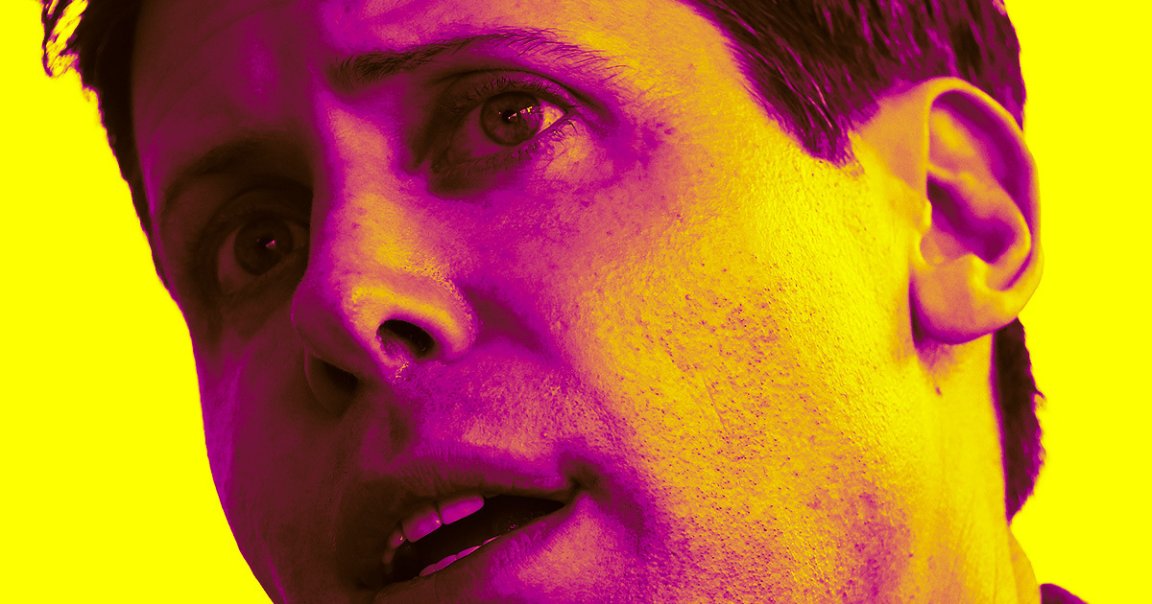
Cough It Up
OpenAI apparently wasn’t satisfied with using the entire internet to train ChatGPT.
The Microsoft-backed startup now wants to see all the notes from reporters at the New York Times whose articles were allegedly fed to the chatbot, as part of the discovery process in the newspaper’s lawsuit against OpenAI.
OpenAI needs to see these notes, its lawyers argue, to assess the newspaper’s copyright claims. This is an “unprecedented” ploy, reports Bloomberg, that more than anything seems designed to waste everyone’s time — and empty the Gray Lady’s coffers with exorbitant legal costs.
“New York Times has a limited budget to spend on a case like this, because, win or lose, these issues are not core to its business,” Doug Lichtman, a law professor at UCLA, told Bloomberg.
For OpenAI, “this is a bet-the-company fight,” he added. “That imbalance means that OpenAI might want to run up the bill and thereby force the Times to settle, depriving the court of its opportunity to address these important copyright questions.”
Copyright Bluff
As it stands, OpenAI wants the NYT to dredge up the “notes, interview memos, records of materials cited” and other files for some 10 million articles — a century’s worth of reporting, the newspaper claims, which would take years to go through.
OpenAI’s argument is this: if the NYT is going to cry copyright infringement, then the newspaper must show that its stories are copyrightable in the first place. And for that to happen, OpenAI needs to see the reporters’ notes to prove that the newspaper’s stories are original.
The scheme also has troubling implications for legal protections for reporters, or specifically reporter’s privilege, which allows them to operate with some degree of secrecy to protect confidential sources.
“Courts protect press freedom by prohibiting litigants from abusively seeking the disclosure of reporting materials that are wholly irrelevant,” Ian Crosby, lead counsel for the NYT, told Bloomberg. “This request is pure retaliation against a news organization for asserting its well-established intellectual property rights.”
Bad Omen
At the very least, it’s unlikely that the scope of the request doesn’t get knocked down by a judge. It’s an unprecedented request for a reason. IP attorney Jason Bloom told Bloomberg that news articles are considered “obviously” copyrightable, and proving they aren’t would be an uphill battle.
But for OpenAI, it’s probably more about sending a message: that the NYT has poked a bear with near-endless legal resources for a dragged-out fight.
“Indeed, given the wildly improper scope of this request,” the NYT argued in the filing, as quoted by Bloomberg, “one has to wonder if a chilling effect is what OpenAI, who appears to have stolen from millions of content creators, is hoping for.”
More on AI: Whistleblowers Say OpenAI Broke Promise to Rigorously Test AI for Danger Before Releasing